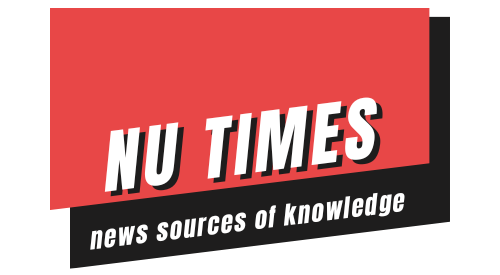On June 27, 2023, Canada’s Minister of Immigration, Refugees, and Citizenship launched Canada’s new Tech Talent Strategy. Through this strategy, Canada hopes to improve on existing measures and introduce new measures for attracting top talent and supporting high-growth STEM industries and occupations. Additionally, on the same day, the Minister announced that study authorization would be extended for certain eligible work permit holders.
What’s Changing: Study Authorization for Work Permit Holders
Starting immediately, this new public policy removes the limit on the length of study programs that a temporary foreign worker can enroll in without a study permit—which previously was limited to programs of six months or less in duration. Now, regardless of the program length, foreign workers will now be able to improve their education, upskill or validate their foreign credentials through certain programs, or receive additional professional training, without needing to first apply for a study permit. It should be noted, however, that any Canadian work experience gained during a period of full-time study may negatively impact a person’s eligibility for permanent residence, as this work experience does not count toward eligibility for the Canadian Experience Class, nor for receiving Canadian work experience points under the Express Entry system.
What’s Changing: Tech Talent Strategy
- IRCC is creating an open work permit stream for H-1B specialty occupation visa holders in the USA, so these individuals may apply for Canadian work authorization and more easily relocate to Canada with their families. This stream will be available as of July 16, 2023, and will have a cap of 10,000 applications.
- IRCC is developing a new LMIA-exempt work permit category called the Innovation Stream under the International Mobility Program, which will be launched by the end of the year and will include:
- employer-specific work permits designed to support employees coming to Canada to work for specific companies that the government identifies as contributing to Canada’s industrial innovation goals, and
- open work permits for highly skilled workers in select in-demand occupations
- Category-based selection draws under the Express Entry application management system, which you can read more about here. The first category-based selection draw occurred on June 28, with the next one announced for the week of July 5.
- Improvements to Canada’s existing Global Skills Strategy and Start-up Visa Program to help facilitate the issuance of work permits for highly skilled and innovative workers.
Adapting to New Realities and Addressing Labour Shortages
The open work permit stream for H-1B specialty occupation visa holders is specifically designed to improve labour mobility across North America, as the government recognizes that there are thousands of skilled workers in high-tech industries employed by companies with operations in both Canada and the USA. This new open work permit stream will offer skilled workers the opportunity to relocate to Canada and work for any employer anywhere in the country. This stream will benefit employers with both US and Canada operations, as their US-based employees will be able to relocate to Canada and remain close to their North American team even if they cannot renew their work authorization under the H-1B category.
Labour shortages are persistent in key tech occupations, and the Innovation Stream is designed to offer a more direct and facilitative pathway for skilled foreign workers in STEM occupations to obtain work authorization in Canada for up to five years. This will not only help support employers fill labour shortages within the tech industry, but it will also attract top tech talent from around the globe who will contribute to Canada’s economy.
IRCC is also reviewing the options for promoting Canada as a destination for digital nomads who can perform their job remotely from anywhere in the world. Currently, foreign nationals are permitted to enter Canada as visitors for up to six months to work remotely for foreign employers. The government is exploring additional policies and programs for attracting skilled workers who may wish to remain in Canada beyond this initial six month period. By appreciating the value and reality of remote work, Canada is seeking to be more supportive and attractive to both employers and skilled workers whose location of work is flexible.
For more details about these significant changes, please reach out to the Canadian immigration team at Baker McKenzie.

